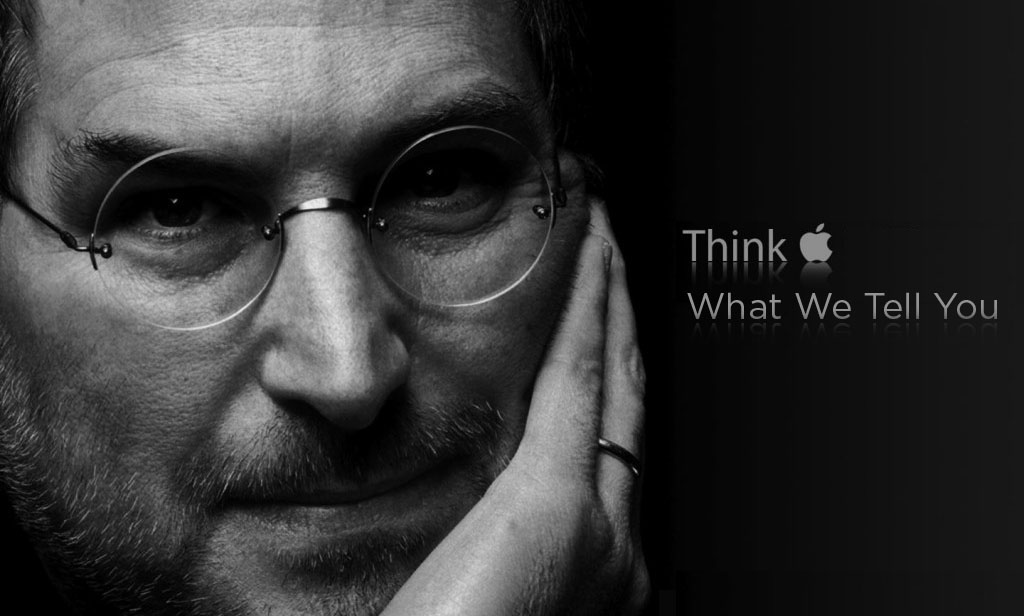The core issue here is Apple’s behavior: did they engage knowingly to set prices above the market standard at the time? The answer to this is simply, yes. Apple did work with 5 different publishers to artificially raise eBook Prices from $9.99 to $14.99. They were the central player in this and worked with the publishers to force others to use this new pricing scheme. Steve Jobs knew this and alluded to it in a quote to reporters and also in draft emails where he acknowledged what his goals were. The fact that Apple had zero market share before the launch of their iBooks is immaterial, the most favored nation clause is also immaterial. Apple colluded with publishers to make sure they had no price competition on entry and were able to receive higher profits per book (while giving the publishers a bigger cut). If anything the fact that they did this pre-launch shows even more clearly that they knew what they were doing.
Sure it was a smart move on Apple’s part, but it was also (and still is) illegal based on the definition of the law. Apple and their partners got caught doing something they knew was wrong. The publishers all settled long before the case went to trial. Apple felt they could defend their position (as they always do) by pointing to common business practices (most favored nation) and the fact that they had no market share to abuse. What they, and most Apple fans, fail to understand is that they did not abuse their eBook market share to get what they wanted. Instead they abused their device and iTunes market share to achieve the desired goal. Unfortunately for Apple abuse is abuse; they leveraged their market penetration of the iPhone, iPod Touch, iTunes, and the App Store to get exactly what they wanted. Apple’s device and API was superior to anything on the market at the time. This would have brought in customers anyway, but Apple got greedy and wanted to make more per eBook. To do this they needed publishers to get onboard (and they already knew they wanted to) and that is what they brokered.
Judge Cotes saw this for what it was based on the evidence presented (by both sides) and sided with the law instead of allowing Apple to worm their way out of what they did. You can follow the logic in her opinion: “With a full appreciation of each other’s interests, Apple and the Publisher Defendants agreed to work together to eliminate retail price competition in the e-book market and raise the price of e-books above $9.99.”
You can read the full judgment suggested by Judge Cotes below and make up your mind from there. In short it prevents Apple from entering into the same style of agreement (setting prices above market standard). This is the way it should be as no company should have the power to artificially raise the price of anything.
Tell us what you think about all of this in our Forum
Final Judgment on the eBook Price Fixing Case




